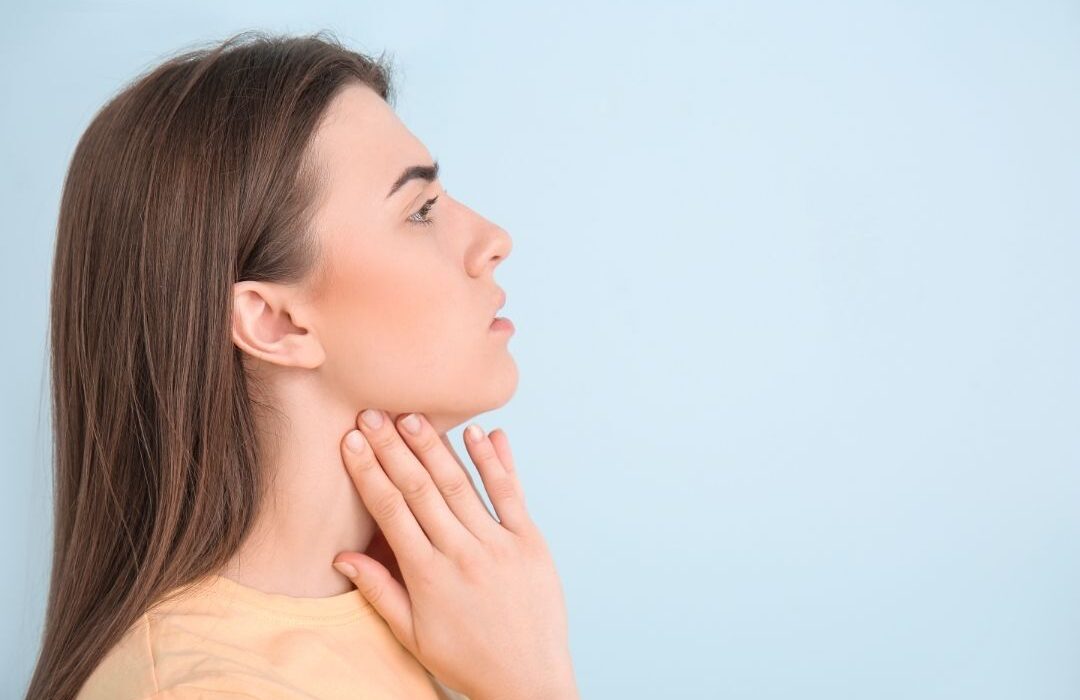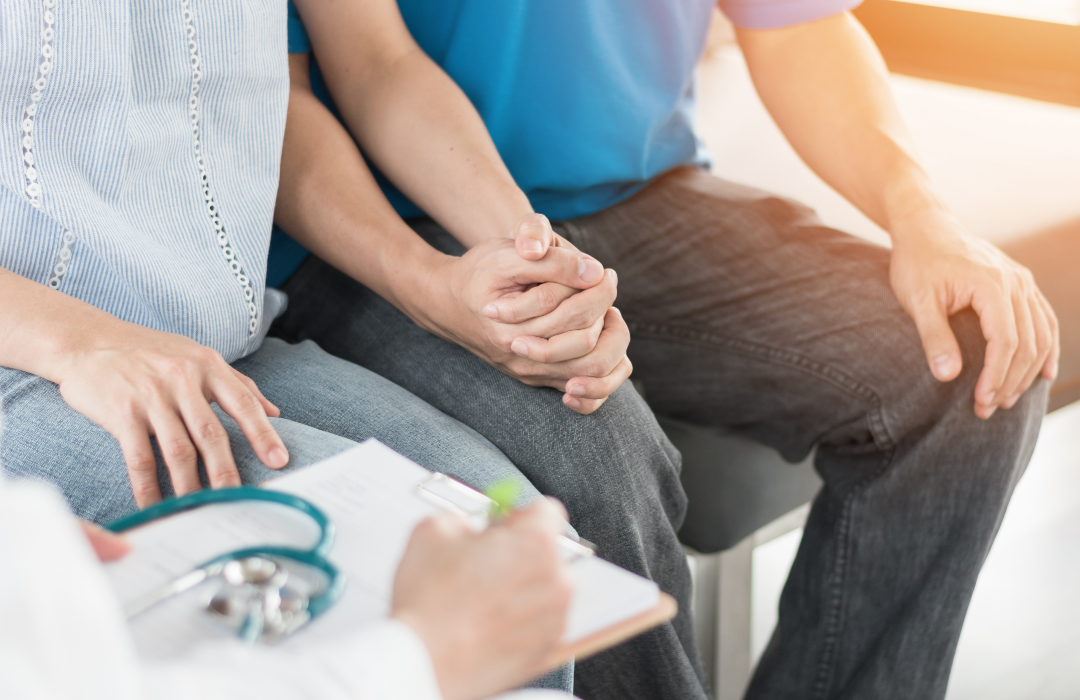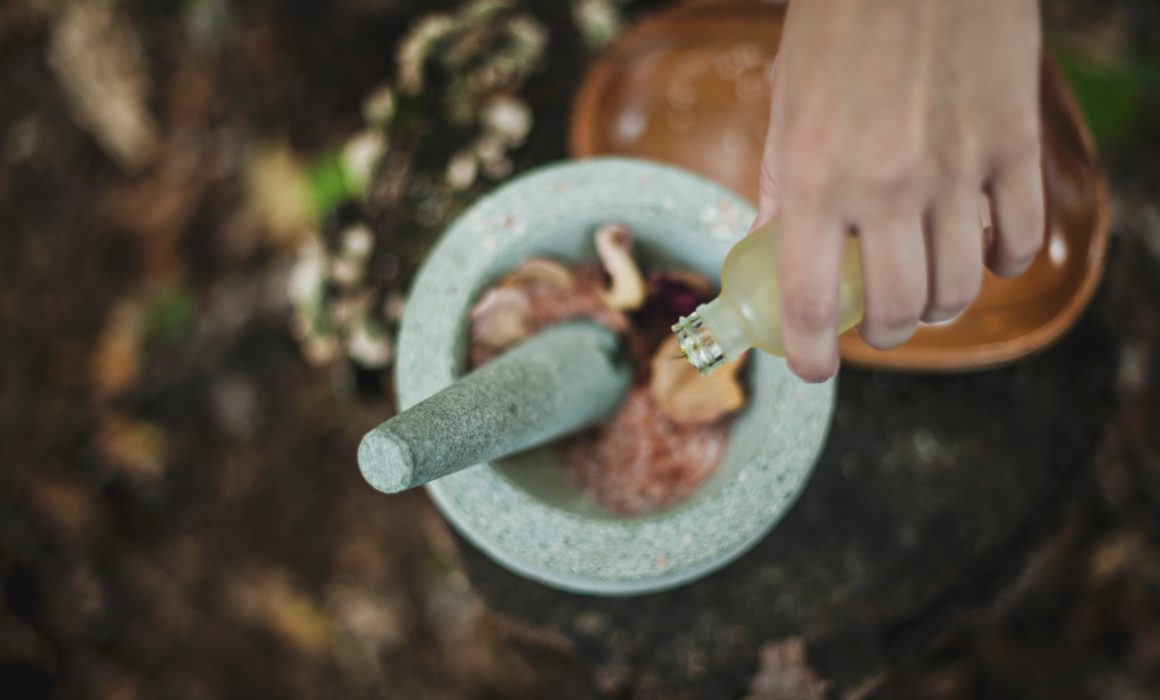Article by Kimberley Porteous
The thyroid is the master gland controlling your metabolism, which is why the symptoms of a thyroid dysfunction are so varied and can affect many areas of the body — even your brain.
When your thyroid is not working well it affects how much energy you have, including mental energy, and how your body temperature is regulated.
It can also throw your reproductive hormones out of balance, which may increase period pain, make your periods heavier, or cause irregular menstrual cycles so that your periods arrive closer together or further apart.
Signs that your thyroid may be underactive
Hypothyroidism is the state when your thyroid function has slowed down and the levels of thyroid hormones have decreased. This deficiency in hormone levels causes a number of metabolic processes across the body to slow down.
It is more common than an overactive thyroid (this is called hyperthyroidism) and affects women more than men.
Signs of hypothyroidism can include:
- Brain fog and poor memory
- Fatigue
- Inability to lose weight
- Cold intolerance, low body temperature, cold hands and feet
- Flat mood and mood swings
- Constipation or sluggish bowels
- Heavy menstrual periods and/or irregular cycles
- Hair loss and loss of the outer edges of the eyebrows
- Swelling in the front of the throat
- Dry skin and brittle hair
- Puffy face
- Muscle weakness and cramps
- Stiff joints
- Iron deficiency
A slow thyroid function is also implicated in miscarriages and difficulties with conception, due to the integral relationship between the thyroid and all phases of fertility from egg quality, conception and implantation, and right through to birth.
Most of the time hypothyroidism is caused by an autoimmune condition called Hashimoto’s thyroiditis, when your immune system starts attacking thyroid tissue. Thus it is important to get your thyroid antibodies checked if you suspect your thyroid is slowing down (more on this below).
Signs that your thyroid may be overactive
An overactive thyroid (hyperthyroidism) is when the thyroid gland produces too much thyroid hormone, leading to an excess in circulating levels around the body.
Signs of hyperthyroidism can include:
- Hyperactivity or jitters
- Increased appetite accompanied with weight loss
- Nervousness, irritability
- Anxiety
- Racing heartrate
- Increased body temperature, sweating, heat intolerance
- Shortness of breath
- Frequent and loose bowel motions
- Changes to menstrual periods
Investigating your thyroid
We offer a full spectrum of thyroid testing which can help investigate changes to the function of your thyroid, the potential impact of oxidative stress and any nutritional deficiencies which affect this very nutrient-hungry gland.
It is especially important to also screen for any anti-thyroid autoimmune activity which can quietly damage your thyroid gland and affect thyroid hormone levels for years before autoimmune disease if usually diagnosed. Hashimoto’s is an autoimmune condition commonly affecting the thyroid gland, and the leading cause of slow thyroid function.
If you think your thyroid may be behind some of your symptoms, speak to a Bondi Health and Wellness naturopath who can guide you through testing options for an accurate diagnosis.





